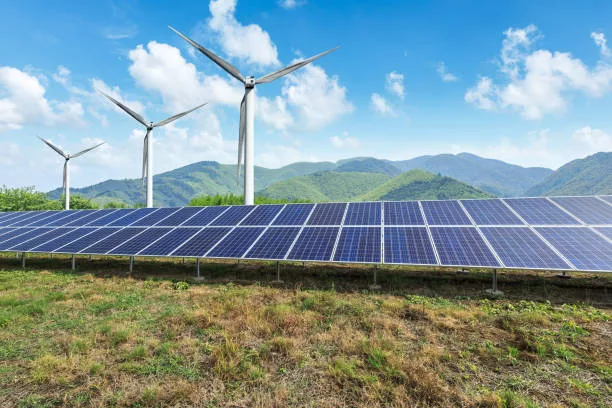In a daunting development for Ukraine’s commitment to renewable energy, over a thousand coal miners were trapped underground in the Dnipropetrovs’k region due to a recent Russian missile assault. The attack underscores the dual threats posed by fossil fuels: not only are they environmentally harmful, but they also present clear national security vulnerabilities, emphasizing the necessity for Ukraine and its chief utility, DTEK, to fulfill their pledge to abandon coal in power generation, aligning with other European countries’ efforts.
Rising Tensions as Ukraine’s Energy Sector Is Targeted
Over the past year, DTEK’s energy facilities have been subjected to continuous strikes, marking over 160 incidents since the conflict began, with 40 during the recent heating season alone. The latest update from the company revealed substantial damage from the attacks, including a blackout that left a substantial number of miners stranded beneath the surface. Thanks to prompt emergency protocols, the miners were evacuated without reported injuries.
Ukraine’s Role in Europe’s Clean Energy Shift
As the international community rallies to provide emergency power to Ukraine, its energy relationship with other European Union countries grows stronger. Ukraine’s commitment to renewable adoption mirrors the significant investments made by EU members like Romania, Poland, and Slovakia, advancing Europe’s broader transition to sustainable energy resources such as solar and wind.
The Green Recovery Vision in Ukraine
Civic groups within Ukraine are advocating for an energy revival centered around sustainable practices. With its pre-war plans to cease coal power usage, Ukraine’s focus has shifted towards pioneering a greener, more decentralized array of energy solutions. The country’s resilience in the face of substantial damages to its energy sector has made reverting to Soviet-era infrastructures impractical, if not impossible, paving the way for significant investments in renewable energy sources.
Funding Ukraine’s Green Transformation
Ukraine stands firm in its objective to join the European Union, not just as a beneficiary but as a substantial contributor to the European economy and its clean energy goals. Despite facing an onslaught on its infrastructure, the country has laid plans to capitalize on its solar potential to become a key player in the European hydrogen market. Backing from global financial entities like BlackRock and ambitious individuals like Andrew Forrest amplifies Ukraine’s potential to rebuild its economy on the foundations of green energy. This is solidified by the considerable investments flowing into initiatives aimed at bolstering the nation’s digital and green infrastructure.
Looking Ahead: The Path to Sustainable Recovery
Even before the turmoil, collaborations were in motion to modernize Ukraine’s grid system with a strong focus on incorporating renewable energy. Such undertakings gained further relevance when the need for energy independence from Russia became apparent. With aid from nations like Poland, Romania, and Slovakia, Ukraine not only bolsters its resistive capacities against the ongoing conflict but also embarks on a journey towards a sustainable future that could serve as a blueprint for others to follow.

























